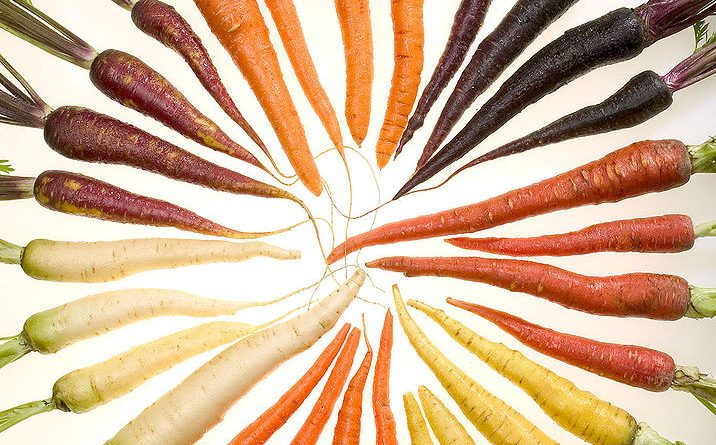Fermented vegetables were once a staple in traditional kitchens, but they have been a welcome return thanks to their many health benefits.
Beneficial lactic acid bacteria are created during fermentation. The fermenting bacteria consume sugars from the food. However, beneficial lactic acids are released by the bacteria. This has the double benefit of protecting the food and boosting our digestive system.
Consuming fermented vegetables adds several billion bacteria to our intestinal microbiome. Although these lactic acid bacteria can’t colonize our colon, they produce highly desired anti-inflammatory and immune-boosting effects while transiting.
Many people are afraid or intimidated by fermenting. It is safe to ferment at home, and it is okay to give home-fermented vegetables to children. These are two common questions that I get asked. Fermenting at home is safe. It’s safer than leaving your vegetables out on the bench. The lactic acid bacteria acts as protection against harmful bacteria.
This recipe for fermented carrots has the fastest recipe I have ever seen. It’s the dairy-free version from nourishinggourmet.com. It is super simple to make and works every time. This is my favorite recipe to introduce kids to fermented vegetables, especially if they aren’t used to sauerkraut and beet kvass.
Don’t fret if you don’t have any dill. They will still taste delicious.
Fermentation also enhances the vitamin content of vegetables and gives them a delicious, tangy flavor. Carrots are a prebiotic food for Bifidobacteria.
Ingredients
- 6 medium organic carrots. They can be washed, scrubbed (you may peel them if desired), and cut into sticks.
- 2 tbsp sea Salt
- Filtered water
- A few fresh dill sprigs
Method
- Place the carrots, dill and olive oil in a mason jar 1L or another container with a tight-fitting lid.
- As the fermentation expands, cover the container with filtered water.
- Salt it.
- Cover tightly and let it sit at room temperature for three to four days.
- Taste one after 3-4 days. You can place the jar in the refrigerator if it is still tangy. Or, leave it to ferment at room temperature for a few more days if desired.
- They will keep for several months if refrigerated. They’ll be eaten before that, but I promise.

